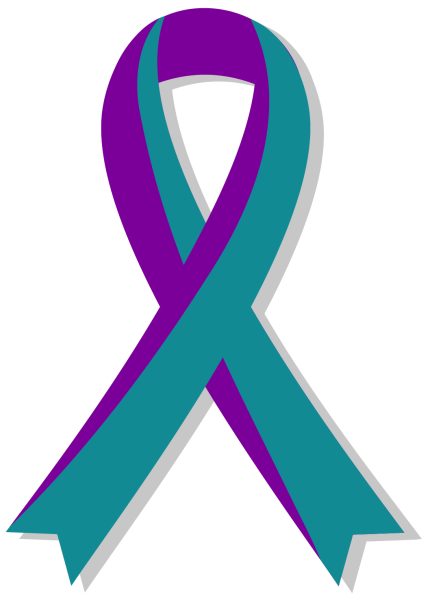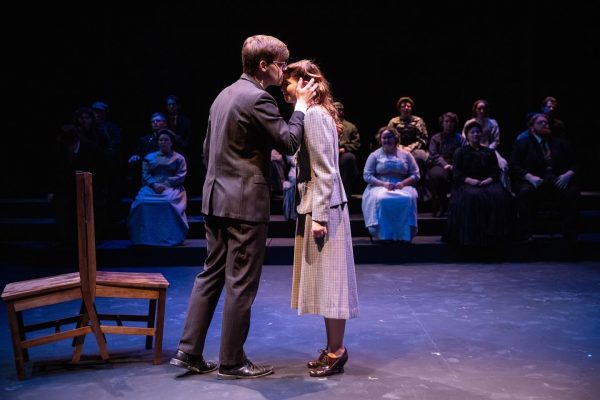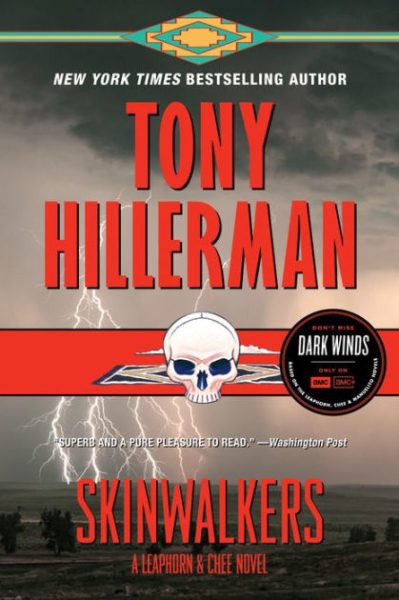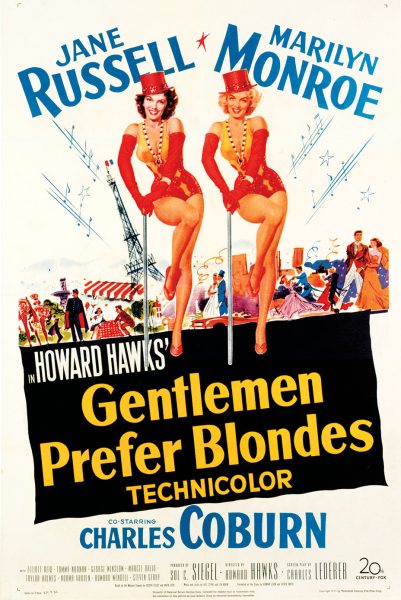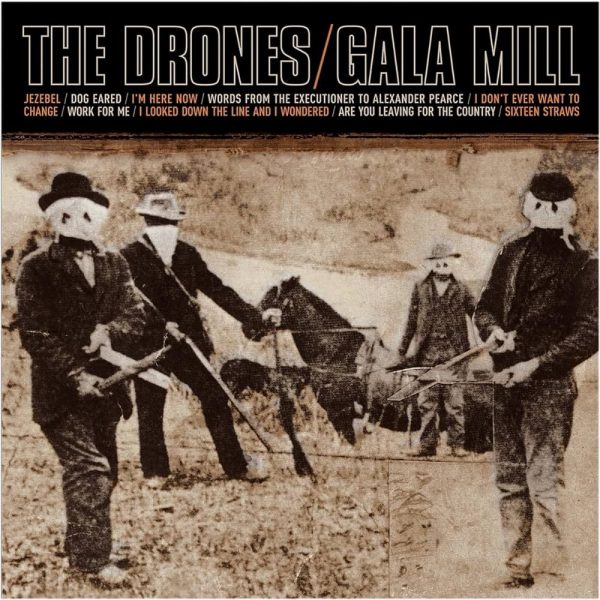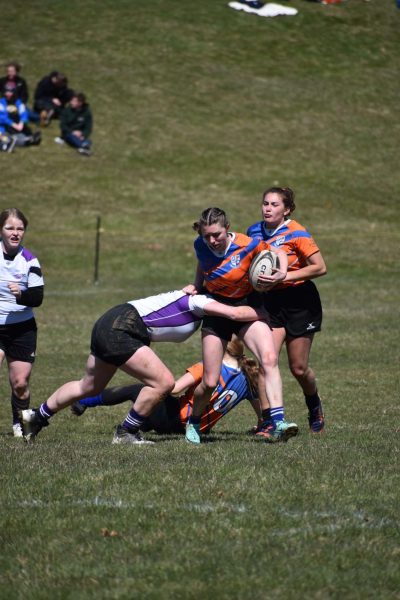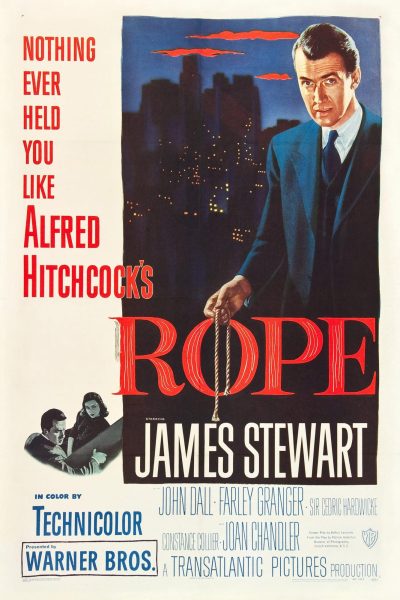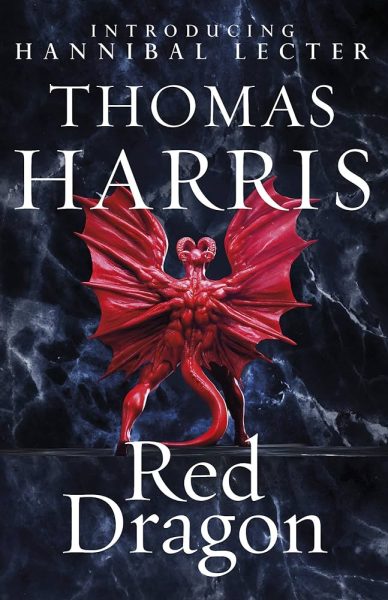Matthew Shepard Series: Valerie Wetzel
The past, present and future impact of Stop the Hate on the University of Wisconsin-Platteville’s campus
In continuation of last semester’s Martin Luther King Jr. interview series, the Exponent will be focusing this semester’s series on LGBTQ issues.
“Matthew Shepard was a gay college student at the University of Wyoming. He was out at the bar one night and a couple of guys said ‘hey, we can give you a ride home.’ They took him to the edge of town where they robbed him, beat him and tied him up to a fence post. This occurred on October 7, [1998], and in Wyoming, it is a little chilly at night. He was left there to die.
The following morning a guy on a bicycle rides by, and he goes, ‘when they put that scarecrow up?’ Well, it was not a scarecrow. It was Matthew. He called 911, and they got him to the medical system in Wyoming, but the hospital there could not handle his injuries. They had to move him down to Fort Collins, Colorado.
His parents were in the Middle East at that time because his dad worked for a company over there. They got the call and immediately started looking for planes home. After every plane they got off of, they would have to look for the local currency exchange to buy the next flight home. Matthew’s mother would call the hospital at each airport and say, ‘Is Matthew alive? Is Matthew alive? Matthew passed away five days later…”
– Val Wetzel, Markee assistant director–involvement.
What was your relationship to the Matthew Shepard case?
“I know a lot of the information about the case because Matthew’s mother spoke on the CFA stage to Platteville students just a few years ago. I do not remember what year she was here. She told the audience that they flew in to Colorado and got to the hospital to see him 20 to 30 hours before he passed away on October 12.
Another connection I had was that following year, one of my grad students, Gretta, was a senior at University of Wyoming. She worked in the programs office and was able to tell me stories about a lot of the events [the University] did. Gretta was sharing the story about the year Matthew’s parents came out of the trial. There was this preacher, now I can never remember his name, but he would always come and say, ‘god hates the gays’ and we should not participate or whatever he felt.
The students decided they did not want his parents to hear that, so they created these angels that they put on sticks or PVC pipes that went up 5 ft above their heads. They would use hula hoops for angel wings and halos, and they would stand there so when his parents came out, these angels would be the first thing they saw, and they did not see this preacher yelling and screaming because they were on the other side of the angles. That is one thing you do not really know or hear a lot about.”
What is the connection between the Shepard case and Stop the Hate?
“During those days in Fort Collins, Colorado State University was having their homecoming. The theme was the Wizard of Oz. One of the fraternities already had a scarecrow on the front of their float, and they thought ‘wouldn’t it be great if we wrote’, and I am using air quotes, ‘die [slur] on the sweatshirt?’ They thought this as Matthew lay dying in a hospital just a few blocks down the road. The University was not very happy with this and thought they needed to do something better. They need to bring somebody in that knew about this. They found a guy who wrote a book out on Fraternity Row, and in that book, he wrote about coming out to his brother, about being gay and about how they supported him and what that was really like.
That guy’s name was Shane Windmeyer. Shane was a founder for Stop the Hate. He was working higher education and decided to focus on social justice issues and support LGBT, so that is where the Campus Pride initiative started. I first met Shane through a convention when he was at one of the sessions doing some stuff on the Anti-Defamation League. That is how Shane got connected with the Matthew Shepard foundation and the Stop the Hate program, and that is the connection to the Matthew Shepard and Stop the Hate.”
What can students, staff and faculty do to live through Shepard’s legacy?
“Getting trained in Stop the Hate will have a great starting impact on campus. I got trained in April of 2007, and my goal was to bring Shane to campus in 2008 and then again in ’10, ’12, ’14, ‘16 and ’18. That is six times in twelve years that we have brought Shane here. The registration fee in the past has been $395. We have tried to reduce it by making it shorter this past summer.
Still, most college students cannot afford that. I created ten scholarships for students, so every summer we have had Stop the Hate training scholarships for students. They then become my crew to volunteer and do the sessions that we offer throughout the year.
We have been doing that for the last two and a half years, maybe three. We have been thinking, ‘okay how might we beef up the program a bit more’, and one thing came to mind was what if we did a one-stop-one-shop challenge conference? People could come in for the introduction session and participate in three breakout sessions. At the end, they get their t-shirt and certificate – Platteville Pioneers Take the Challenge – and they are certified.
The conference is scheduled for October 11th from 4-9 p.m. Of the 35 individuals trained this summer, about 12 were undergrads and the rest were faculty, staff and administration. Having the faculty, staff and administration help the efforts of Stop the Hate is very beneficial.”
What is campus doing to remember Shepard?
“It hit me that this year was the 20-year anniversary of Matthew’s death. Dr. Pip, a professor on campus, brought this to our attention in August or early September and wanted to know if the University was doing something. We decided to have a candlelight vigil take place to honor Matthew and his legacy. We will be having a few speakers present stories and poems, and there will be M&M cookies and hot apple cider.”
In which ways do you see the Stop the Hate group embodying Shepherd’s Legacy?
“I think we would probably do the candlelight vigil again in five years because that, hopefully, helps to bring awareness to his story and what happened to him. I think because college students are close to his age, they can relate to and understand a little bit because college students today are more open-minded about people and how people live, how they interact, what they wear. I hope that [Stop the Hate] is helping people to understand how important it is to vote and stand up for what you believe in for the Democracy you live in.”




